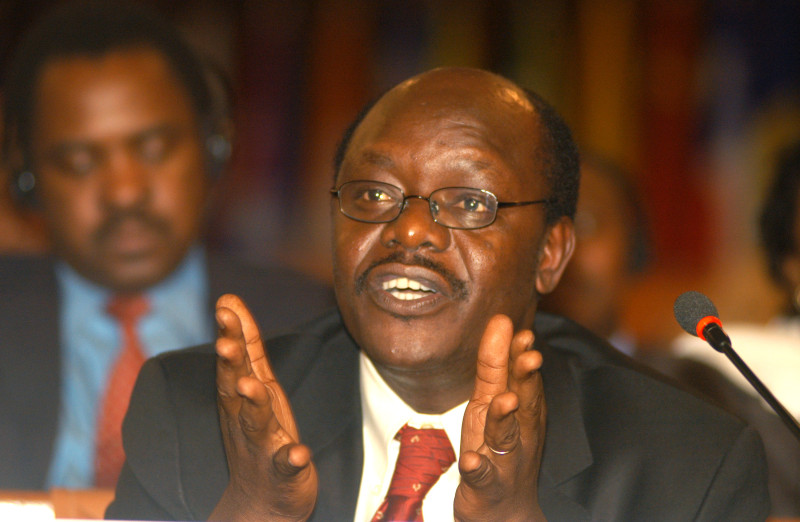The digital economy offers phenomenal opportunities to engage more individuals and small businesses in the global arena, but it also risks opening up new divides and inequalities unless infrastructure issues are addressed, UNCTAD Secretary-General, Mukhisa Kituyi has said.
Speaking on the sidelines of a telecommunications meeting in Bangkok, Dr. Kituyi, said global trade is undergoing a revolution, driven by new information and communications technology (ICT).
Against a background of sluggish global growth, the value of online trade accelerated upwards, between 2013 and 2015, from $16 trillion (Sh1.6 quadrillion) to $22 trillion (Sh2.2 qudrillion).
“ICT has a phenomenal ability to engage different pockets of production with the global economy and to raise productivity,” Dr. Kituyi said, adding that the internet connects goods and markets, reduces overheads, and cuts out middlemen too thus seeing it as a great enabler to un-bottle a lot of the energies that exist in different economic sectors.
“If you look at new jobs in the service industry, most of them are driven by ICT, and there is a greater participation even without affirmative action and enabling of women and young women in the ICT-driven service industry than in other industries,” he said.
“And unlike traditional jobs, ICT-based jobs are gender-blind in remuneration,” he added, soon after announcing UNCTAD’s participation in the Equals campaign whose mission is to reach gender equality online by 2030.
Dr. Kituyi noted further opportunities to use the digital economy.
“For the digital revolution to fulfil its promise of poverty reduction, national governments and others will have to make more efforts,” Dr. Kituyi said.
Fixed broadband penetration is still 30 times higher in Europe than in Africa; and mobile broadband penetration is almost five times higher. In most developing countries, average broadband speeds are lower, while costs are high.
In July, UNCTAD launched the e-Trade for all initiative in Nairobi, bringing together 15 international organizations, including the conference hosts, the International Telecommunications Union (ITU), and 22 private sector actors, easing developing country access to cutting edge technical assistance and giving donors more options for funding.
X-News Kenya Print Edition



